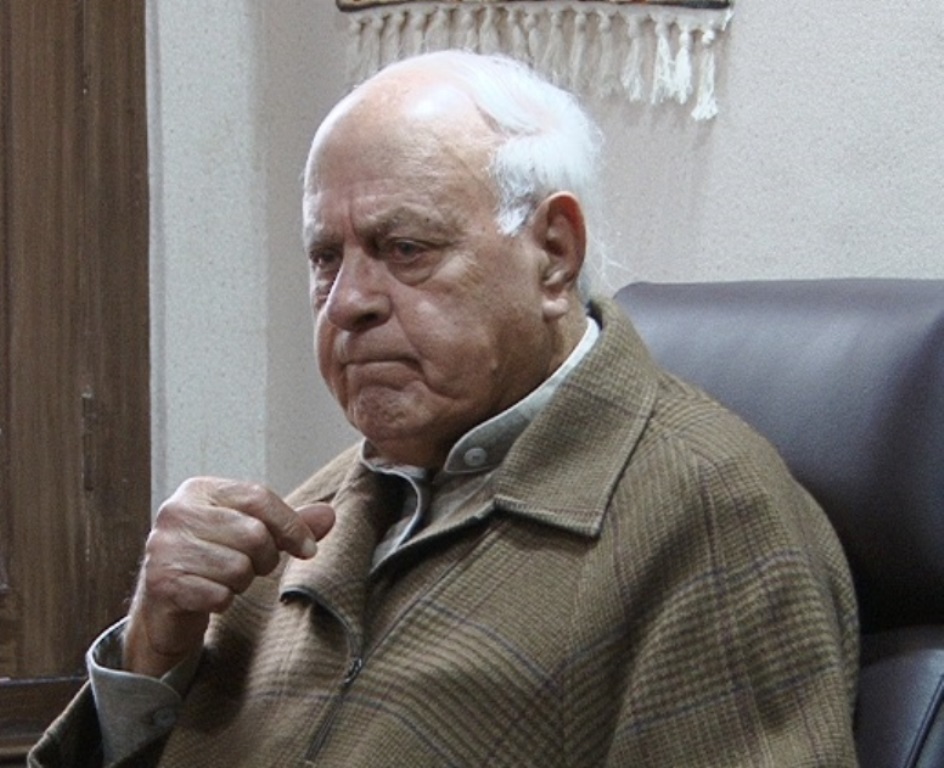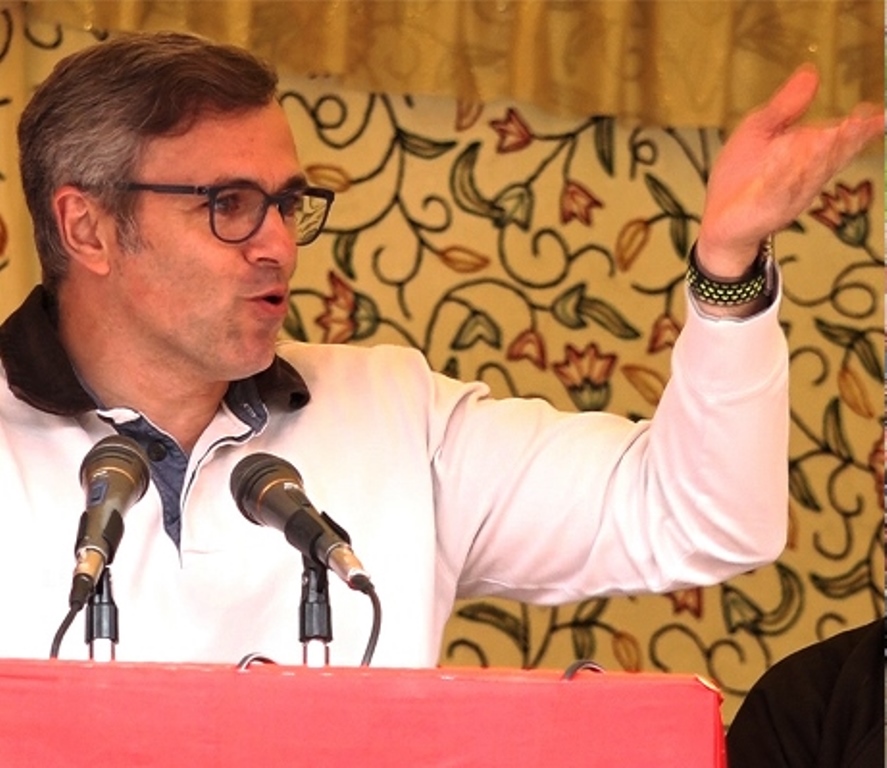SRINAGAR: For the very first time, a national-level conference on apples is being held in south Kashmir’s Shopian district to find ways to address the problems faced by the fruit industry. The conference is being organised by the Apple Farmers’ Federation of India (AFFI) in collaboration with Jammu and Kashmir Kisaan Tehreek.
Organisers said that the conference is scheduled to be held on 15th and 16th July, with hundreds of delegates from J&K, Himachal Pradesh, and Uttarakhand expected to participate.
They said the main focus and slogan of the conference will be “Save Apple Farmers, Save Apple Economy”.
“The apple farmers across India have been facing different challenges and problems, but such problems have increased in the last few years. Last year, apples were sold at very cheap rates due to the import of apples from Iran, thereby affecting thousands of families. Now, the government has reduced the import tax on Washington apples by 20 percent, which has exacerbated the situation,” they said.
The organisers said the input costs are rising each year while the output is declining, which is a cause for concern for those associated with the fruit industry.
The conference is being held to discuss all these issues and find a solution so that the farmers won’t have to suffer anymore, they said.
President of All India Kissan Sabha (AIKS), Ashok Dhawale, and senior CPI(M) leader Mohammad Yousuf Tarigami will be among the key speakers.
The organisers said Shopian district has been chosen for the conference as it is one of the leading apple-producing districts in the whole of India.
According to official horticulture records, a staggering 26,000 hectares of land are dedicated to apple cultivation in this region. The fertile lands of Shopian nurture a diverse range of apple varieties, including Red Delicious, Golden, American, White Dotted Red, and Gala, among others.
Shopian witnessed a remarkable apple production of 3.6 lakh metric tonnes (MTs) in the previous year, 2022. However, the current year’s forecast predicts a tentative production of 3 million metric tonnes. (KNO)















